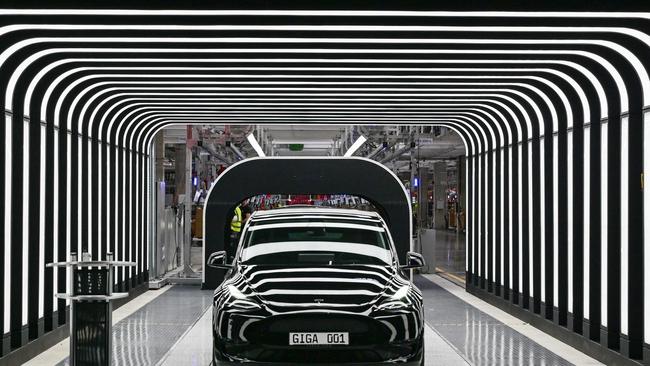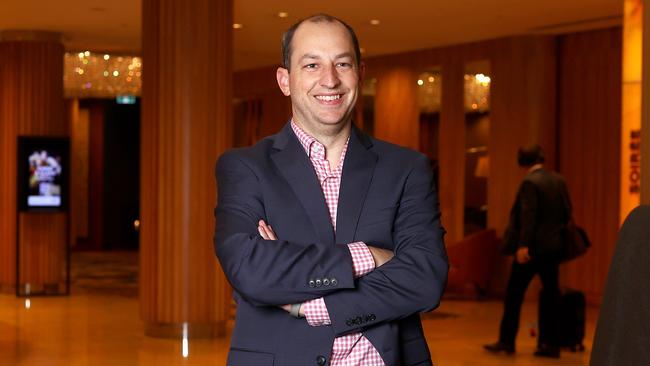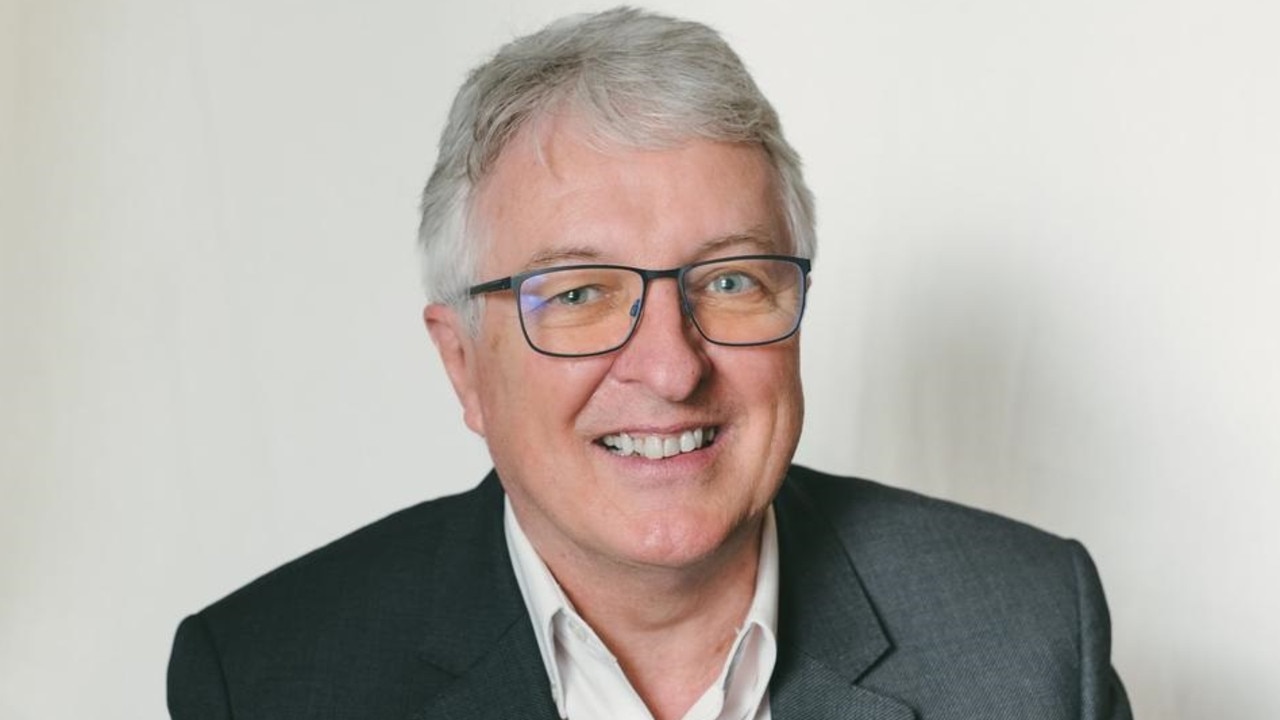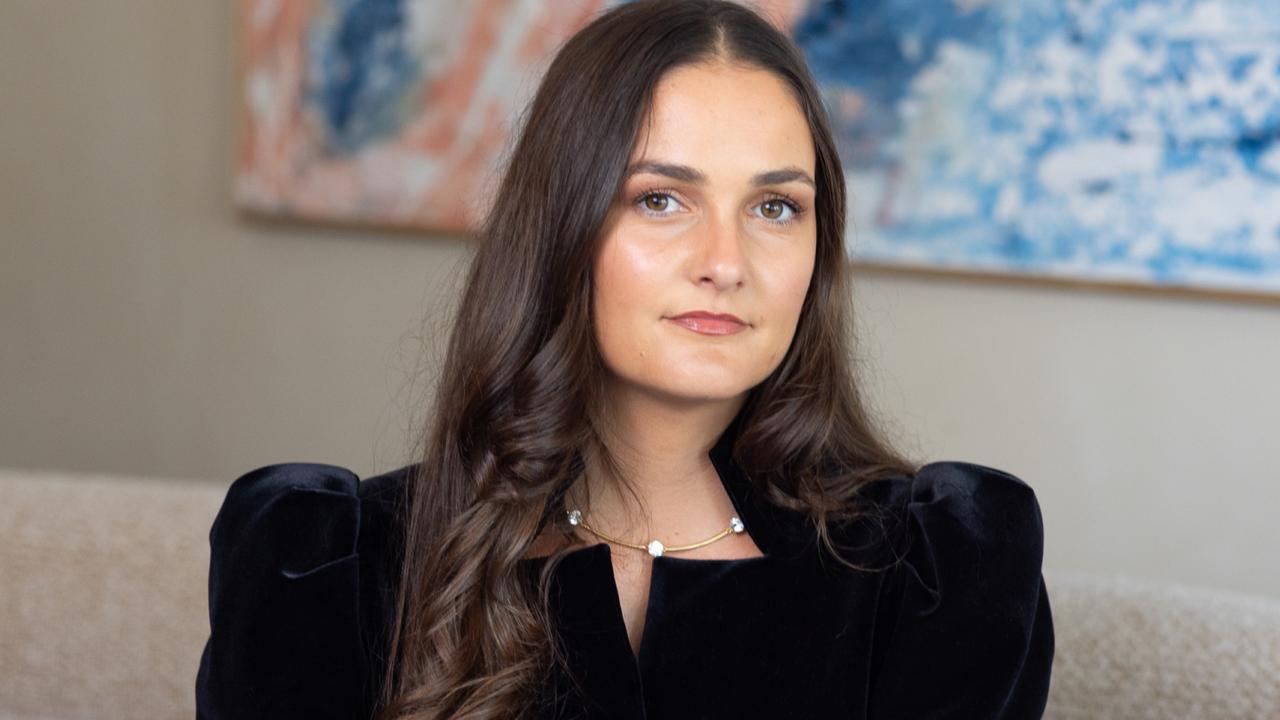Novonix wins $159m US tax credit amid claims Australia missing boat
Battery materials company Novonix will receive a big tax credit from Uncle Sam to help boost production in the US amid claims Australia may be missing the boat on investment.

Battery materials company Novonix says the US Inflation Reduction Act, under which it will receive $US103m ($159m) in tax credits to boost sovereign manufacturing, would be hard to replicate in Australia.
Novonix announced Tuesday that the credits from the US Department of Energy aimed to support the ramping up of production of critical battery materials from its Riverside facility in Chattanooga, Tennessee.
The US is pumping billions of dollars into a long-term plan to support clean energy manufacturing and recycling, industrial decarbonisation and critical materials processing. Australian businesses want the federal government to respond to the US Inflation Reduction Act in the May budget, saying that without incentives investment will be diverted offshore. Business Council of Australia chief executive Bran Black said this country was “missing out” on potential investments “because our settings are not competitive enough.” Novonix was previously awarded a $US100m grant for the Riverside facility by the DoE.
Novonix chief executive Dr Chris Burns conceded it was harder for smaller countries including Canada and Australia to attract the scale of investment needed to build a new sector such as batteral materials. He added political cycles also did not help long term policies.
“If you look at a country like China, they made a conscious decision to invest in building materials 20 years ago,” he said. “It is not something you can do overnight. Unfortunately for countries such as Australia and Canada, the markets are so much smaller.”
The Biden administration is moving to wean the US electric vehicle battery chain away from China as it strengthens local supply chain in key sectors. Electric vehicle sales were forecast to hit a record 9 per cent of all passenger vehicles in the US last year.
Dr Burns said the tax credits would strengthen the company’s financing strategy, including the option to sell them to a third party. ASX-listed Novonix rose 8 per cent to 93 cent in morning trade. “It is not make or break for the company but these credits allows us to become profitable at an earlier stage of production and over the longer term,” he said. “It also helps the building of the supply chain across the sector.”

Dr Burns said he expected the Riverside facility to reach peak production over the next three years as the company reached supply agreements with some of the biggest battery manufacturers in the world. Novonix in February sealed a $153m deal to supply tonnes of battery material to Japanese electronics giant Panasonic Energy.
“With this support, we believe we are poised to further expand our operations, create high-quality US jobs, and advance our mission of developing technologies and materials to service the EV and ESS (energy storage system) sectors,” Dr Burns said.
Under the three-year binding offtake arrangement, 10,000 tonnes of high-performance synthetic graphite anode material will be shipped to Panasonic Energy’s North American EV battery operations from Novonix’s Riverside facility.
Panasonic Energy is working to expand its production of EV batteries in North America to meet increased demand while also increasing the percentage of materials procured locally
Last year was the first time more than 1 million EVs were sold in the United States in one calendar year, probably reaching between 1.3 million and 1.4 million cars.
Panasonic Energy president Shoichiro Watanabe said the company would need to build four more factories to reach its target for a sharp boost in annual capacity of batteries for electric vehicles by 2031. Japanese companies are looking to boost their investment in the United States EV market, after a deal the two countries struck last March to widen access for Japanese manufacturers to tax credits.






